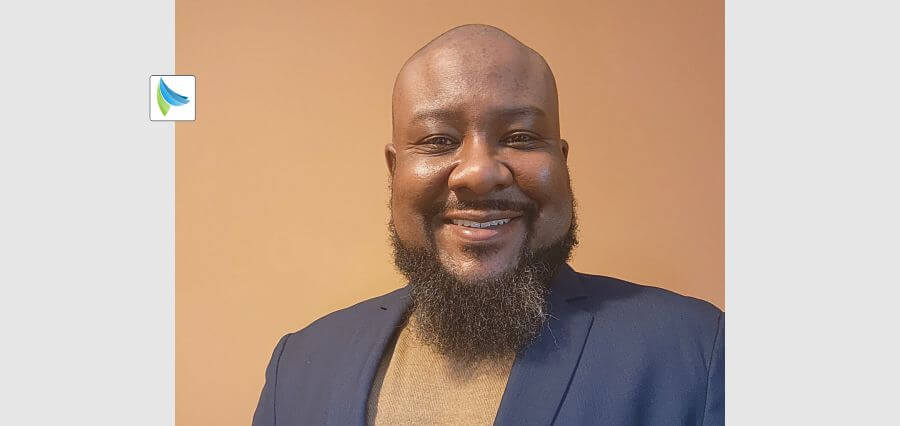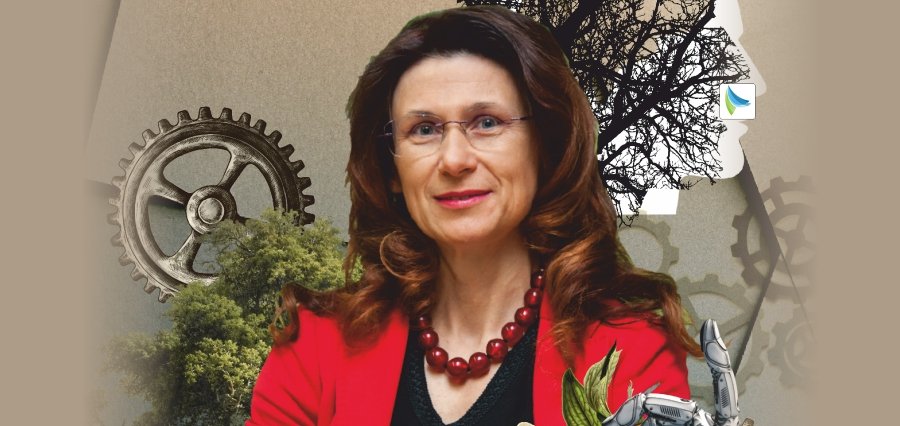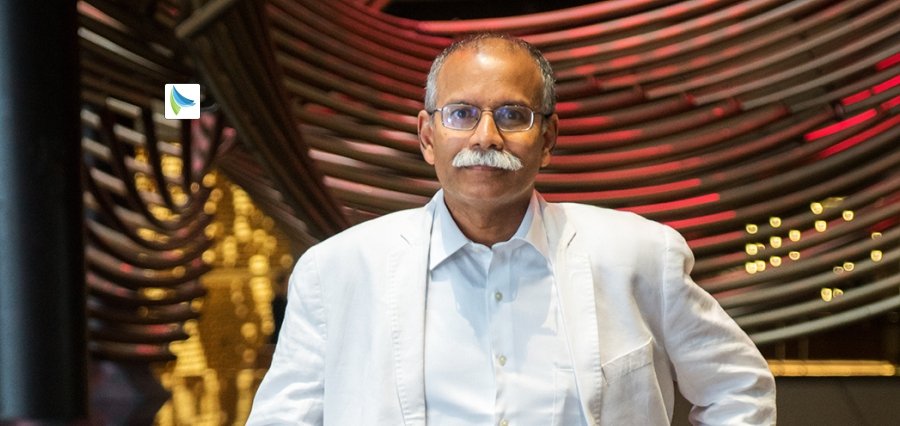Philanthropy Through Finance | Former Head of Investment Operations, Cascade Asset Management Company
In today’s ever-evolving financial landscape, investment I management is far more than a numbers game—it’s a discipline rooted in strategy, innovation, integrity, and, increasingly, purpose. Leaders like Eric Smith have reshaped what operational excellence looks like in investment management, guiding teams with authenticity, vision, and an unwavering commitment to both people and performance. As the former Head of Investment Operations and Co-Chair of the Operations Committee at Cascade Asset Management Company, Eric Smith has not only built a career on delivering results but has also created a legacy defined by trust, collaboration, and meaningful impact.
A Mission-Driven Career
Eric Smith’s career reached an important milestone when he joined Cascade Asset Management, an investment firm known for its precision and its pivotal role in managing the assets of the Bill and Melinda Gates Foundation Trust. When the opportunity was first presented to him, the idea of building a data management function again was immediately attractive—it was something he had done successfully before. But beyond the professional draw, there was a deeper resonance: the opportunity to support one of the most impactful philanthropic efforts in the world.
Having grown up during an era when Bill Gates was a defining figure in global wealth and technology, there was a cultural weight to joining an organization tied so closely to his legacy. More than just prestige, it was the ability to contribute to a global mission that sealed Eric Smith’s decision. Knowing that the behind-the-scenes operational work he would lead could help fuel life-changing programs around the world made it a “no brainer.”
Cultivating Trust as the Foundation of Success
One of the most defining traits of Eric Smith’s leadership is his deep commitment to building trust within teams. He recalls reading The Five Dysfunctions of a Team by Patrick Lencioni, a book that had a profound impact on his leadership approach. The first dysfunction—absence of trust—particularly struck him. He had worked in environments where communication faltered and psychological safety was lacking. From that point on, he committed to fostering genuine trust and collaboration.
His leadership style is built on the belief that high-performing teams are rooted in authenticity and openness. He frequently quotes Steve Job’s philosophy: “We hire smart people so they can tell us what to do.” For Eric Smith, empowering others isn’t optional—it’s a requirement. He believes that without trust, even the most talented teams will fall short of their potential.
Aligning Personal Values with Organizational Mission
Though Eric Smith has always been driven by high standards, he’s also realistic. He begins with an honest acknowledgment: he can’t do everything at the highest level all the time. That humility enables him to rely on his team and to extend his impact through others. At Cascade, his alignment with the broader mission of the Foundation Trust was essential, even if his role didn’t involve choosing where philanthropic funds were directed.
He’s clear about the distinction: the Foundation Trust doesn’t decide which programs are funded—that’s the role of the Foundation itself. His job was to ensure that the capital was available when needed so those decisions could be acted on. And that, to him, was more than enough. Eric Smith deeply respected the generosity and global focus of the Foundation’s efforts and found satisfaction in enabling their success through operational precision.
Integrity, Curiosity, and Authenticity
Eric Smith’s core values—curiosity, integrity, authenticity, emotional intelligence, and empathy—are central to his leadership style. Of these, authenticity has been the most transformative for him. In his early career, being a same-gender-loving individual was something he kept private. But as he matured and grew more confident, he realized that showing up fully as himself was essential not just for personal peace but for professional effectiveness.
His rule is simple: “I go where I’m celebrated, not where I’m tolerated.” That guiding principle has empowered him to seek out environments where he can lead with honesty and conviction—ensuring that both the professional Eric Smith and the personal Eric remain aligned and present.
Intellectual curiosity also drives much of Eric Smith’s approach. He’s someone who prefers to ask questions rather than issue directives. This curiosity is not just about acquiring knowledge—it’s about unlocking better solutions through inclusive dialogue and shared problem-solving. His integrity remains non-negotiable. Across 25 years in finance, he has never compromised his values and never will.
A Lifelong Learner and Thoughtful Leader
Eric Smith thrives on challenge. Many of the roles he’s held involved building or transforming teams, which requires resilience, flexibility, and a strong appetite for continuous improvement. To stay sharp, he studies leadership intentionally—reading books, attending classes, listening to podcasts, and engaging in deep self-reflection.
One of his rituals includes celebrating the wins, both big and small. At work, he implemented a “kudos” section in team meetings to spotlight excellence among colleagues. He knows that recognition builds morale and fosters a sense of shared purpose. On a personal level, he carries that same mindset—making space to acknowledge progress and appreciate the journey.
He also believes in listening—truly listening. Eric Smith isn’t someone who listens merely to respond. He listens to learn, to understand, and to shape better outcomes. His measured and empathetic listening style has been key in building consensus and guiding thoughtful decisions.
Influences That Shaped His Journey
Throughout his career, several mentors and organizations helped shape Eric Smith into the leader he is today. One of the most formative figures was Janet Gray, a long-time mentor who consistently modeled excellence and provided challenging growth opportunities. She saw potential in Eric and nurtured it.
At Guggenheim Partners, where he worked during the global financial crisis, Eric saw firsthand what it meant to remain composed and effective amid chaos. Leaders like Gabe Kochmer and Roy Corr left a lasting impression on him—teaching him that leadership isn’t just about strategy; it’s about steadiness in the storm.
Later at DoubleLine Group LP, he was inspired by a culture that truly lived its values. A memorable quote from Jeffrey Gundlach, “We have a culture where we don’t compete against ourselves,” resonated deeply. His manager at the time, Patrick Townzen, reinforced Eric’s belief that leadership relationships matter. Eric didn’t leave because of dissatisfaction—he left because Cascade was a calling.
Leadership With Precision and Purpose
One of the most defining moments in Eric’s tenure at Cascade was in 2022, when Bill Gates donated $20 billion to the Foundation Trust—a historic gift that required flawless execution. Eric led the coordination efforts that enabled the firm to handle this transaction with a rounding-error level of precision. He stepped forward during critical conversations to advocate for a strategic course of action, ensuring that execution aligned with the firm’s mission and operational readiness.
His approach—rooted in clarity, communication, and coordination—demonstrated his leadership style in action. It was a reminder of how small decisions, made with integrity and insight, can support global impact on a monumental scale.
The Road Ahead
Eric Smith has since transitioned out of Cascade, but he leaves behind a culture of excellence that will continue to thrive in his absence. The teams he built remain dedicated to delivering results with integrity, and the foundation he helped strengthen will support mission-driven philanthropy for years to come.
Looking ahead, Eric Smith is excited about new possibilities. With nearly 25 years of experience, he is well-positioned for his next chapter. Wherever he goes, he brings with him a legacy of trust, operational rigor, and a deep belief in the power of finance to create positive change.
Read More: Eoin Daly: Driving Sustainable Transformation in Bank
















